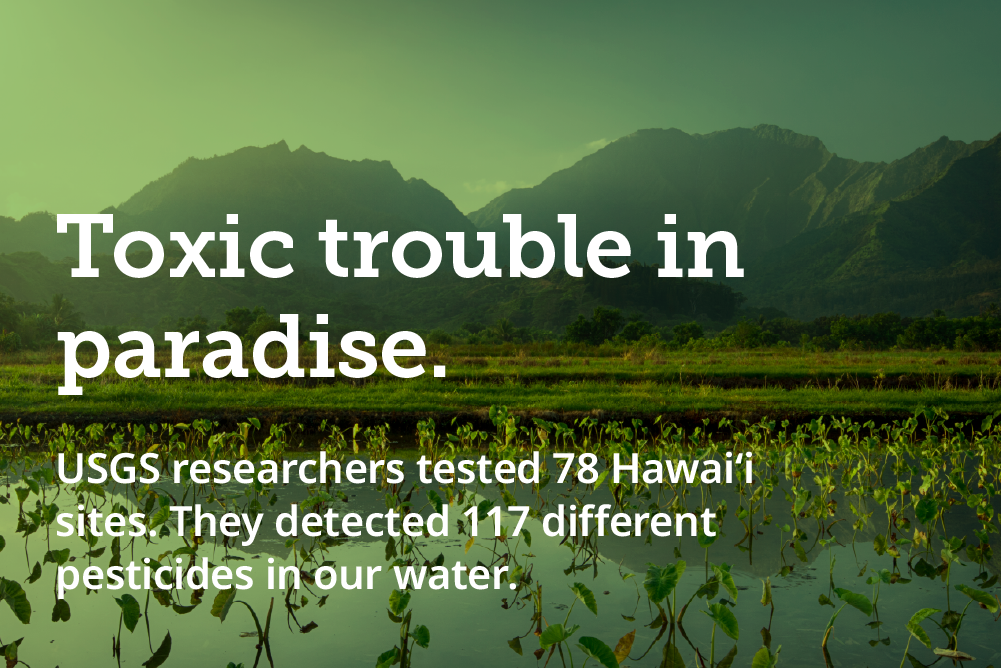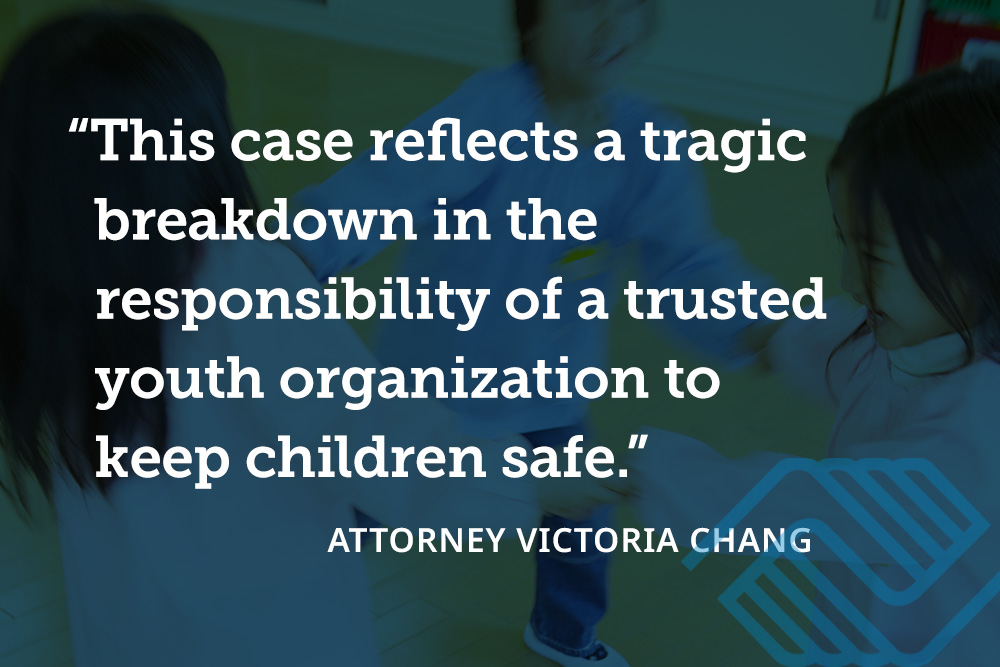I recently wrote about how important it is for mesothelioma patients to accept love and support from their families as they struggle with this disease. Family members are the closest to you, know you better than anyone else, and want to be there to support you. The comfort and care they offer will be critically important to you as you undergo treatment and deal with the physical and emotional toll that a diagnosis of mesothelioma brings.
But I also have learned over the three decades that I have represented mesothelioma victims that they need as much support as they can possibly get as they face this disease. In addition to accepting support from their families, my clients have found there are many others who understand and want to help at this difficult time in a mesothelioma patient’s life. While we primarily represent our clients in the legal arena to provide financial security and peace of mind, we have observed several practical approaches to this terrible disease that need to be considered and discussed.
Support from Others Who Know How You Feel
Studies show that support groups actually improve the quality of life for cancer patients-- something I’ve seen time and again with my clients. One reason is the opportunity to speak honestly (yes, even with total strangers) about how you feel about everything that’s happening to you. Some 25 million Americans have turned to a support groups for help which is simply a testament to the fact that they truly help.
At the International Mesothelioma Program (IMP) at Brigham and Women’s Hospital in Boston, they not only provide state-of the-art medical care, but they are also committed to providing emotional support for mesothelioma patients. That support includes social workers, pastoral caregivers, and palliative care professionals who work to improve the quality of life for patients and their families. The IMP Support Groups provide an opportunity for patients and their families to learn from and support one another. By hearing and sharing their stores and experiences, patients and families can learn to cope and to have hope. While there are family Support Groups at the IMP, there is one group that is solely for patients. It is a time when you can be with others who can fully understand just how you feel and who can share thoughts on how they are coping with their cancer and its far-reaching ramifications.
Recently two of my clients were undergoing treatment at the International Mesothelioma Program. One client had already undergone his operation which involved the removal of his lung followed by heated chemotherapy treatments at the site of the operations- a treatment technique developed at the IMP. My other client who was awaiting his surgery wanted nothing more than to simply talk to that patient who had successfully gone through the operation he was about to undergo. Both garnered a great deal of emotional support talking with each other.
Support in Strengthening Your Body
Diagnosis and treatment can take its toll on even a very fit person going through mesothelioma, not to mention the effects of the disease process itself. Over the many years I have worked with mesothelioma patients, I’ve seen a range of supports ease the body’s adjustments considerably. Studies show that exercise can go a long way to help, especially the kind that stretches the muscles and keeps them supple. You may not think of yourself as a “yoga person,” but you might want to give it a try for strength and stretching, and to balance parts of you that can become out of whack with treatment. Many of my clients also keep up (or take up) the walking habit, in the fresh air when the weather is good, and when too rainy or cold, on a treadmill. Others swim, bike, golf or bowl. Whatever you do, keeping active for as long as you can is one of the best favors you can do for yourself.
Support in Minimizing Pain, Distress, Anxiety and Depression
Sometimes we’ve seen that the fear and distress following diagnosis can make our clients feel pain more keenly and disturb their sleep. Depression affects as many as 25 percent of cancer patients. In such cases, it can be very helpful to have someone outside the inner family circle you can talk to about what you’re going through. Many psychologists, as well as clinical and social workers, specialize in helping people who are battling disease. You can ask your doctor to recommend someone he or she thinks you would get along with well.
Or you may prefer taking your clergyman or increasingly these days, your clergywoman, into your confidence. Many of my clients have told me the clergyperson at the hospital has been extremely helpful and available with they needed them most. They might be a lot younger than you, but my clients tell me they’re often surprised at how much the clergy understand about what they’re going through and some of the sound and useful advice they offer.
Along with talking it out, there are medications to help with pain and insomnia. You will need to work with your doctor to try various types of sleeping aids to see which one works best for you and then adjust the amounts and timing for your own needs. Today’s medications also address anxiety, insomnia and depression. If I could tell my clients one thing, it’s that needing help through this time in your life is NOT a sign of weakness, but a sign of strength to get yourself the best quality of life available to you.
Support from Your Community
You may be pleasantly surprised to find that, in addition to their clergy, your church, synagogue or mosque may have a caring committee that helps out members who are experiencing life changes (be they illness, a new home or a new baby). In addition, buddies from your clubs and maybe a veterans group may be willing to lend a hand. If you’re still working, you may be surprised that your employer may let you work part-time or from home for a while. Many of my clients tell me that going to work, even if just a few hours a day, or keeping up with a volunteer job, is the best medicine of all. Your local office of the American Cancer Society may have a list of volunteers (often survivors themselves) who drive people to appointments, treatments, etc. You may also be surprised by the wide variety of hospice care available. More and more, hospice works to increase clients’ peace, comfort and dignity at home, allowing people to stay where they are most comfortable, relaxed and happy, and surrounded with the people they’re closest to.
Welcome Support with Open Arms
Mesothelioma patients face a daunting challenge and will need much love and support from family, friend, doctors, counselors, and their community. Do not be afraid to ask for this support. Receive the support and care from others with open arms and gratitude. I can tell you from my own experiences with my mesothelioma clients that all this support makes a difference in the quality of life mesothelioma patients have as they combat this disease.






